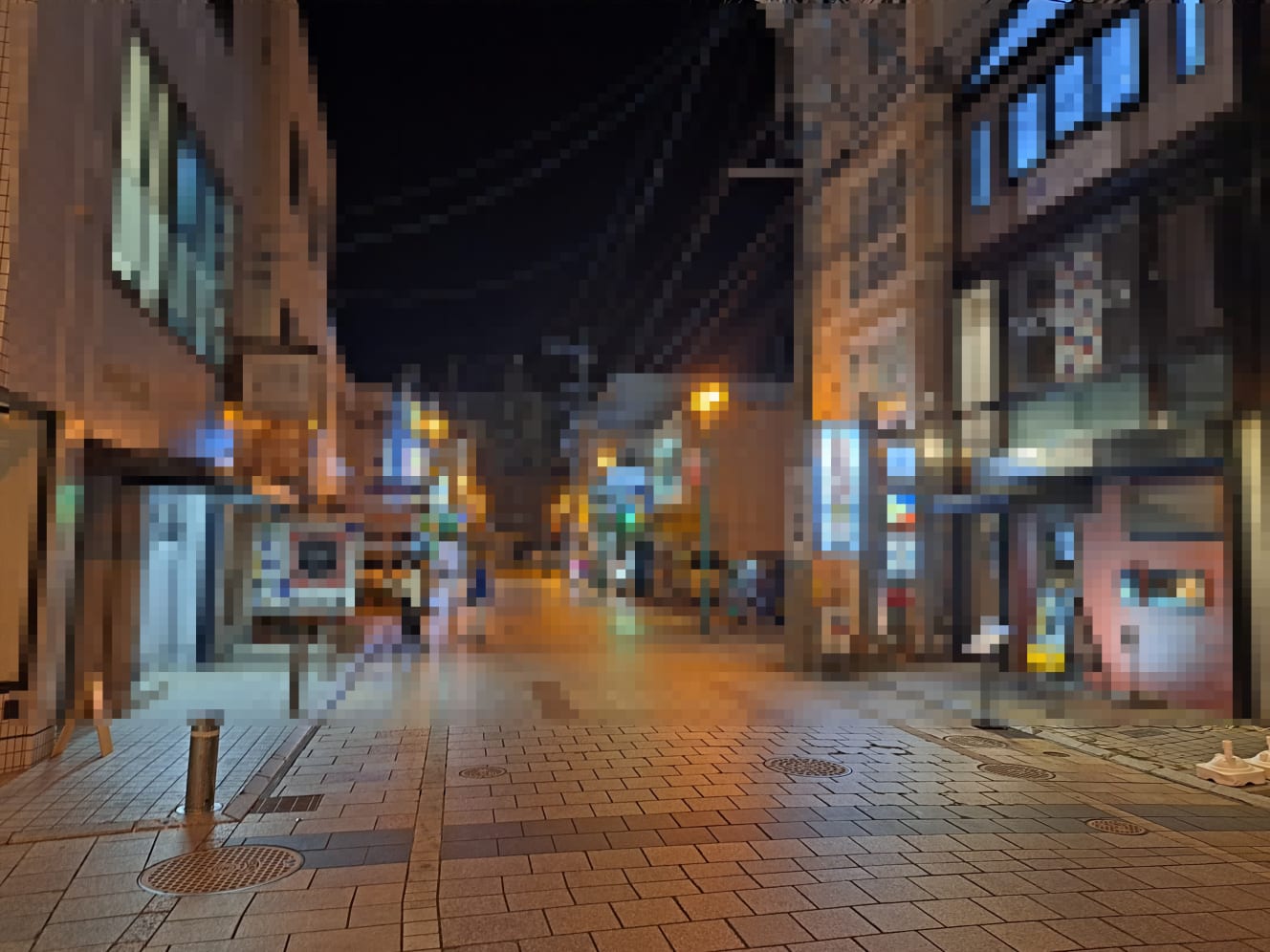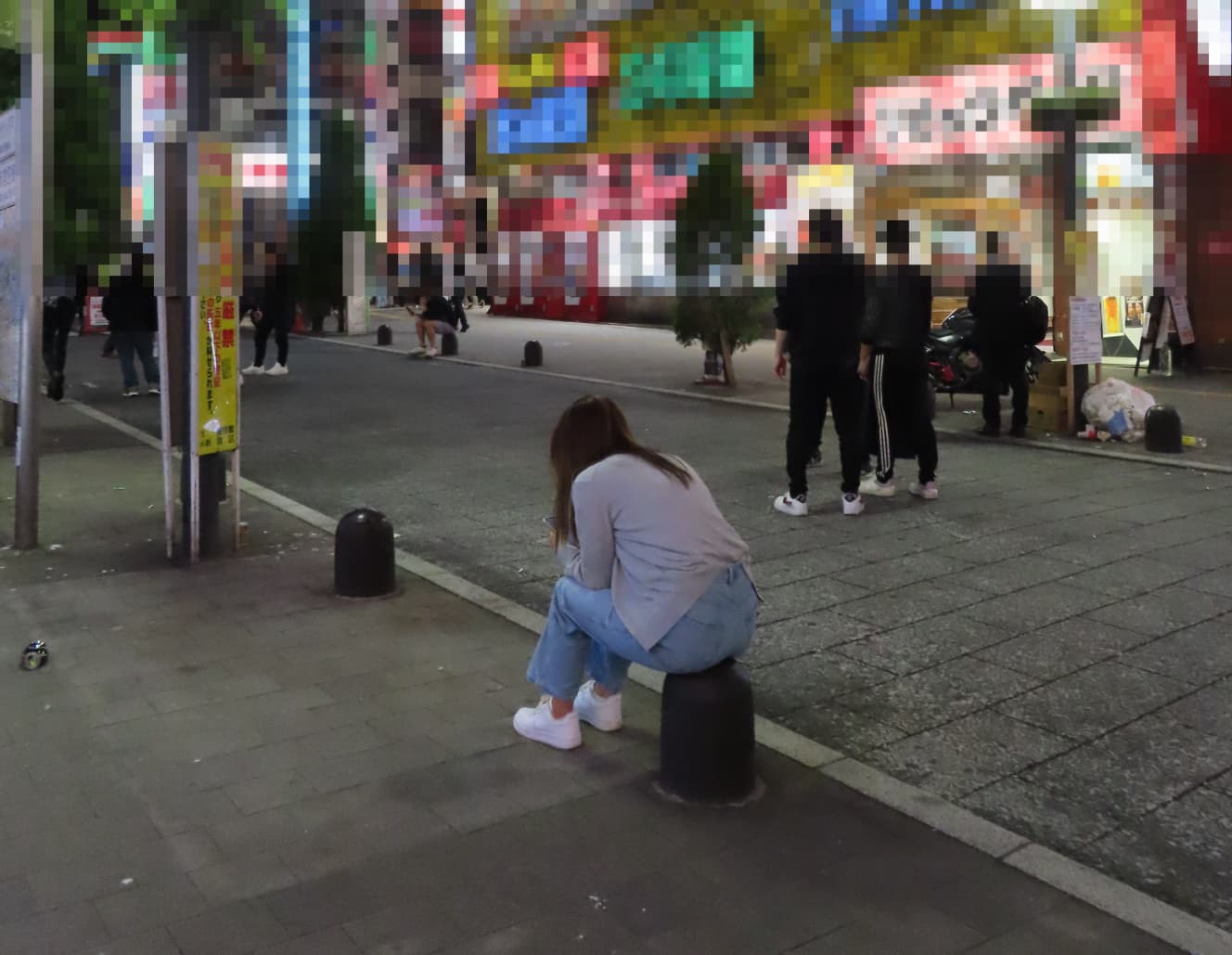Mother’s strong desire for control, “I’m going to die! Her father is a DV… A young girl with toxic parents “addicted to sexual intercourse and drugs”.
Nonfiction writer Kota Ishii delves into the realities of the "young homeless," young people who have lost their homes!
The term “parental mess” has long since become popular in the world. Parental abuse, parental dependency, young caregivers, and other poor relationships between parents and children vary.
Various support organizations are currently working to protect these children. Of course, there is an urgent need to rescue the children. However, the fact that children who grew up in such homes continue to suffer mentally from the curse and aftereffects for years and decades after they are separated from their parents is not often reported.
The “Young Homeless” series follows young people who have lost their homes. This time, we would like to follow the life of a woman who had to continue living under the mental control of her parents.
Emika Aota (pseudonym) was born and raised in a quiet residential area in Niigata Prefecture in 1985. Her father was an accountant for a private company, and her mother was a housewife.
Her father was known by the public as an affable man and her mother as a firm woman. However, the actual family relationship was far from such an image.
First, the mother doted on her only daughter, Emika, and tried to thoroughly manage her as if she were her own body part. What she did for fun, how much she studied, how she ate. She interfered in every detail, and if she didn’t get her way, even a little, she would say, “You can’t do that, Emika.
If she didn’t get her way, she would say, “You are not my child, Emika! My Emika would never do such a thing!
To my mother, I am her ‘alter ego.
For example, every child has times when he or she does not want to gargle because he or she is sleepy, or does not want to go out because he or she is tired. However, mothers do not tolerate even such a trivial thing, but force them into a corner and make them unable to rebel, and ultimately try to move them according to their own wishes.
Emika recalls her mother as follows.
My mother was not allowed to behave freely by my grandmother when she was a child. Because of that, she wanted me, her daughter, to do well. That’s why she meddled in everything, just like my grandmother, with the logic that she wanted that to happen.
I think I was her ‘alter ego. That is why she always said, ‘You are my Emika-chan. Whenever she called me, she would always include ‘mine. To my mother, I was like her own limb, and she couldn’t help but move me as she wished.
Because her mother was smart, she tried to mentally control Emika not with violence but with words. At all hours of the day, she would check Emika’s behavior in detail and interfere. Sometimes, when she thought she could not persuade Emika with words, she would start crying at the top of her voice and say, “Emika, you are my child, aren’t you? Please understand me,” or “I have no choice but to die. I’m going to die! I’m going to die!
In order to receive her parents’ love, Emika had no choice but to do as her mother wished. If she did everything according to her mother’s wishes, she would be praised by her mother, who would say, “That’s my Emika,” or “You are my Emika, after all. So, in everything she did, she tried to do what her mother wanted and what she thought would make her liked. Before long, Emika had also become her mother’s alter ego from herself.

Further complicating these family relationships was the father.
In addition to being terribly neurotic, the father was also very partial to his wife. He was jealous and resented the fact that his wife thought only of their daughter, Emika.
When he returned home at the same time every day, without a minute’s deviation, the father strictly followed a set routine. If Emika did anything there that he did not like, he would raise his hand in fury.
He was so nervous that she never knew what would spark her father’s anger at any moment. For example, he was studying at his desk at his mother’s insistence, when suddenly he was told, “The light on the desk lamp is too bright! or if Emika made even the slightest noise while talking about something that happened at work, which was part of her father’s daily routine, he would hit her with a “Shut up! If Emika made even the slightest noise while talking about what happened at the office, which was one of his daily routines, he would hit her.
She lost her voice and hyperventilated.

Emika says, “My father always took the same train every day.
My father always came home on the same train every day. He would smoke cigarettes to absolutely the same length and repeat the same thing over and over again. Whenever my father was at home, I was so nervous that I almost lost my head because I never knew when or why he would get angry with me.
Maybe that was the reason. When I was in elementary school, I suddenly lost my voice and could not speak, and my legs stopped moving. I think it was stress-related, because they couldn’t figure out the cause even after tests at the hospital. I also used to hyperventilate a lot.”
Her mother demanded that she be her alter ego, and her father was violent toward her for absurd reasons.
Under these circumstances, she had no choice but to continue to play the role of a “good girl” in order to avoid being scandalized by her parents. She struggled to do everything she could, not only studying, but also abacus classes, swimming, and playing in a brass band. It was her way of survival.
Looking back, Emika tried to rebel against her father only once. She had been beaten by her father more times than she could count, but never once had she thought of resisting. One day, however, his father raised his hand against his mother with such force that she screamed, “I’m going to kill you!
At this point, the mother exclaimed.
My Emika-chan, help me!”

When Emika heard her mother’s voice, she picked up a kitchen knife and tried to stab her father. Why did she do that? It was not until she was an adult that she realized it was because of the control she had been subjected to by her mother.
Emika says.
I was convinced back then that if my mother died, I would really die too. That’s how much I identified with her.
It was not until her second year of junior high school that Emika’s life began to change.
As she entered puberty, Emika’s ego gradually began to grow, and she began to rebel against her parents.
I’ll hang myself and die!”
However, there is only so much defiance an eighth grader can do. What she did was delinquency. She went out late at night with her friends, whom she called “delinquents,” and stayed at a male senior’s house. She also cut her wrist.
Her father was jealous of the relationship between his wife and daughter and said little about Emika’s waywardness. He seemed to be relieved to finally be able to monopolize his wife.
The mother, however, panicked. She was furious at Emika’s behavior and cried, and when she found Emika cutting her wrist, she shouted, “If you do it again, mother, I’ll hang you by your neck and you’ll die! She screamed. She must have been so upset that her grandparents, who lived far away, came to stay overnight and do the housework for her.
Emika says, “Back then, I didn’t even want to go near the house.
In those days, I didn’t even want to go near the house. I didn’t know what my father and mother would do to me if I stayed at home. So, running away from home was my way of protecting myself.
Of course, many of the people I met while running away from home were bad people, so many things happened to me. It is normal to be asked for sex or to be offered drugs. Still, I felt it was better than staying at home.”
After graduating from junior high school, Emika went on to high school, but dropped out after only one month. After that, she rarely went home.
Local gang members did not leave her alone. They coaxed her into helping them sell illegal drugs and copy-brand goods. They also made her work as a scout for the sex industry.
Emika did it willingly. It was the only way she could keep her distance from her parents.
But even though her daughter was living such a rough life, her mother was still trying to control her. If the way we have always done things doesn’t work, let’s try another way to get our daughter back. Because her daughter is her alter ego.
And the mother tries to get her daughter back in a surprising way. For more details, please refer to Part 2: Why I carefully kept “letters and good luck charms from my toxic parents.
Part 2: Why I kept the ” letters and amulets from the poisonous parents” in a safe place.
Reporting, writing, photography: Kota Ishii
Born in Tokyo in 1977. Nonfiction writer. He has reported and written about culture, history, and medicine in Japan and abroad. His books include "Absolute Poverty," "The Body," "The House of 'Demons'," "43 Killing Intent," "Let's Talk about Real Poverty," "Social Map of Disparity and Division," and "Reporto: Who Kills Japanese Language Ability?
